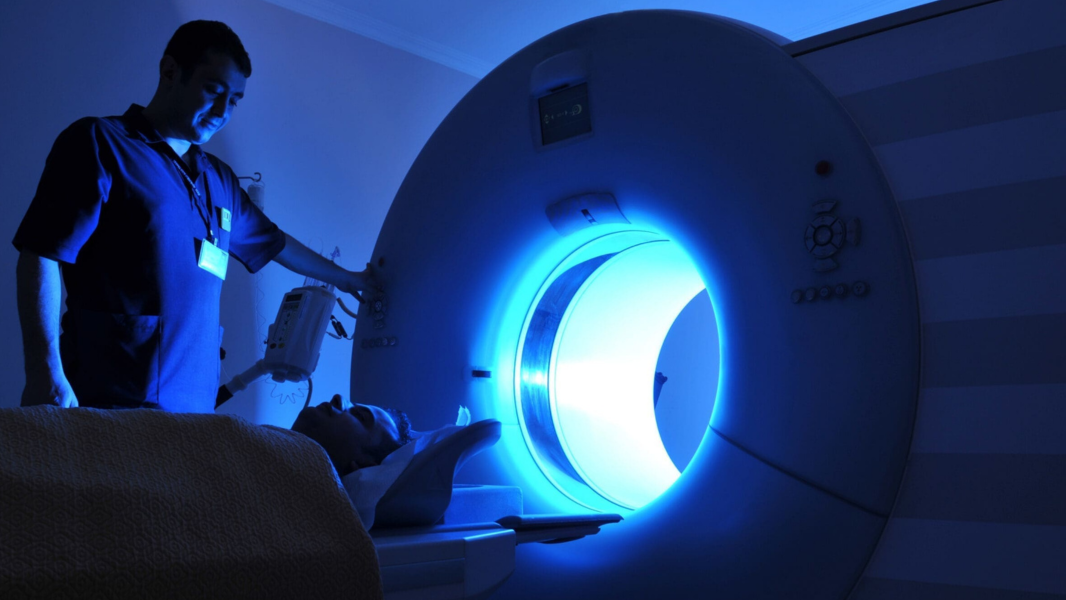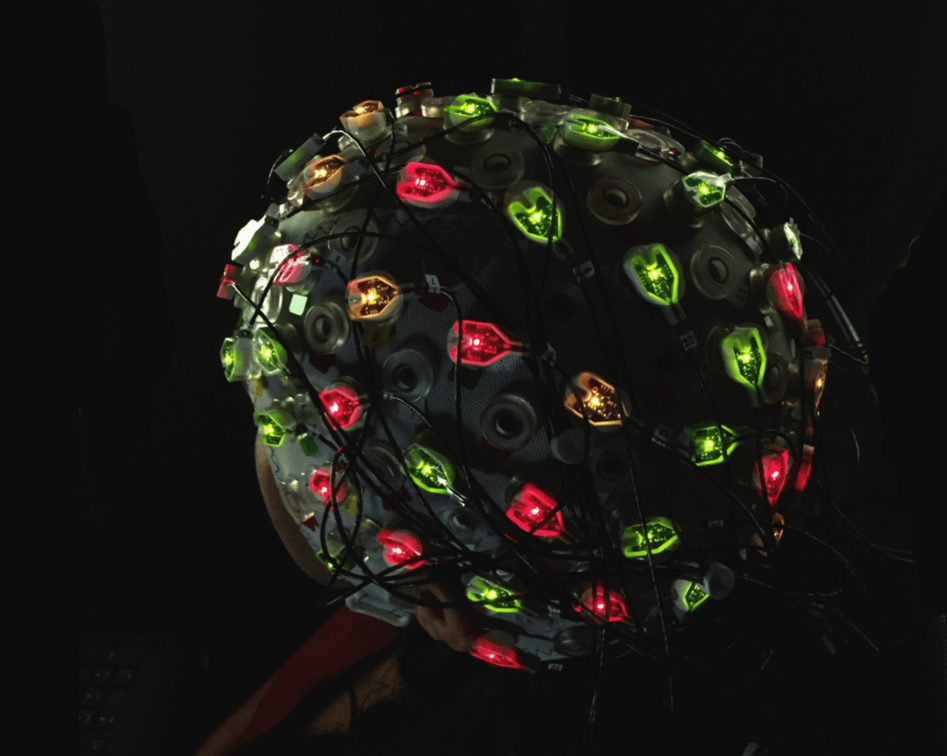Neurotin
Learning how to change your own brain activity to reduce tinnitus

Goal | Altering the brain to control tinnitus
Status | Completed
Area of Research | Neuromodulation
Partners | EPFL, Geneva University Hospitals HUG
Lead | Prof. Dr. Pascal Senn

The ringing or hissing in the ears experienced during tinnitus can be debilitating. Although sometimes caused by problems in the ear, research suggests that tinnitus can frequently originate in the auditory cortex – the part of the brain responsible for processing sound. There is currently no cure for tinnitus. The current gold standard treatment, cognitive behavioral therapy (CBT), is one of the methods that has proven most effective in reducing tinnitus-related stress and other psychological symptoms.
The Wyss Center is collaborating with researchers and clinicians at EPFL and HUG to investigate whether neurofeedback – the process of self-regulating brain activity – can help control tinnitus. By understanding whether it is possible for people with tinnitus to reduce the intensity of the noise they experience by learning how to alter their brain activity, the Neurotin team hopes to develop different strategies for neurofeedback and compare these novel approaches with CBT.

Under the supervision of principal investigator Prof. Dr. Pascal Senn, HUG, the Wyss Center is supporting a clinical trial to compare tinnitus reduction after three different approaches:
- CBT
- Neurofeedback with electroencephalography (EEG)
- Neurofeedback with functional magnetic resonance imaging (fMRI)
Only participants whose tinnitus originates in the brain may take part in the trial. Brain activity is monitored during neurofeedback sessions either using a cap with EEG sensors or an MRI scanner. The participants see their brain activity on a screen, in real time, so that they can learn to regulate the activity of their auditory cortex. If the participants successfully learn the technique it is hoped that they will eventually be able to use it to manage and even reduce their tinnitus.
The first part of this study (fMRI vs CBT) have been published in Radiology. The study shows that fMRI participants demonstrated significantly greater reduction in tinnitus distress compared to CBT participants, with benefits lasting up to 12 months. Additionally, positive effects were observed on sleep quality, anxiety, depression and general functioning.